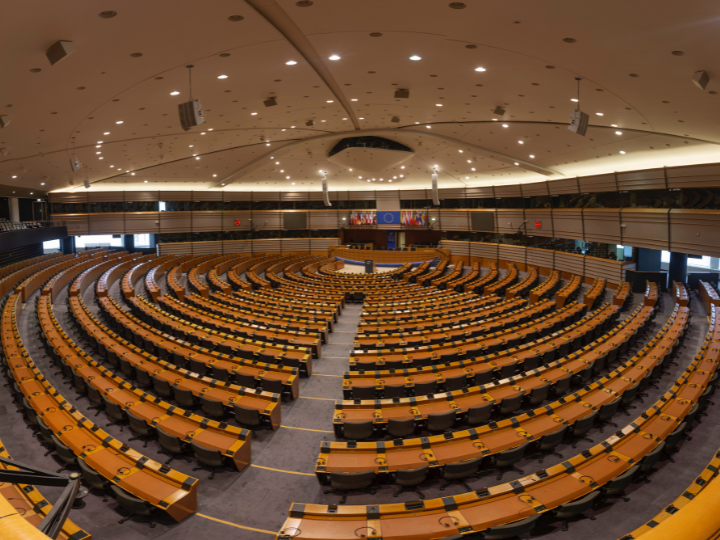Dr. Ma Ying-jeou is the new political leader of Taiwan. The former Taipei Mayor and former chairman of his Nationalist Party (KMT) was elected on March 22 as President with a convincing margin.
He won 58% of the votes to 42% for Mr. Hsieh, the candidate of the Democratic Progressive Party (DPP), the party of the incumbent president Chen Shui-bian. Dr. Ma campaigned for closer relations with China but ruled out any discussion of political reunification. He also said recently during his campaign, that after being elected, the first thing he would do is ‘to restore mutual trust and consolidate the bilateral relationship between Taiwan and the United States’.
In a pressconference the morning after the elections President-elect Ma said that while economic relations with mainland China were his immediate priority, he wants to negotiate military confidence-building measures with Beijing to reduce the possibility of an accidental military confrontation. He would also like to talk about a peace accord with Chinese officials to end hostilities across the Taiwan Strait, the sea between the two opponents. Ma’s idea is to use a diplomatic framework in which both sides acknowledge each others existence without resolving less tractable issues of sovereignty.
Ma’s election is a relief for ‘Washington’ that clashed several time with the Cross Strait politics of the outgoing President Chen. President Bush was one of the first world leaders who congratulated Dr. Ma on his victory. He called it ‘a step toward better relations with the Mainland. I’, said Bush in his statement, ‘believe this election provides a fresh opportunity for both sides of Taiwan Strait to reach out and engage one another in peacefully resolving their differences’.
Perspectives for economic growth
Although Taiwan’s economy grew last year with 5,5 percent, middleclass and working class incomes have stagnated. The president elect blamed in his campaign the DPP for a ‘closed door policy’ that failed to restrain the flow of Taiwanese capital and business people to the mainland of China. Dr. Ma’s election promise was to encourage Taiwanese enterprises in the mainland to reinvest profits in the own country. Taiwan is nowadays the second biggest investor in China’s economy!
‘We are going to adopt an open policy and lift restrictions to encourage our Taiwanese enterprises to come back. We will reduce restrictions on enterprises, loosen the limit for investing in mainland China by Taiwan’s enterprises and ease the restrictions in capital inflows from mainland China after the US’, according to the new president in a recent interview with Taiwan Review.
United Nations membership
Two referendums, one of each of the main political parties, calling for Taiwan to apply for membership of the UN, fell short of passage the line of a majority of eligible voters. China strongly opposes a UN membership of Taiwan, which it regards as a breakaway province.
In the interview in Taiwan Review Dr. Ma opens a new way for talks with Beijing, “Returning to the UN is the collective will of the Taiwanese people, this should be regarded as a long-term objective, not the sole goal foreign policy. We will seek to participate in the World Bank, the IMF and the World Health Organisation. We will also seek to negotiate with Beijing on a so-called ‘internationals space’ issue. Ways must be found to attain equilibrium between Taipei’s and Beijing’s interests and dignity’.
After his inauguration on May 20, Dr. Ma will have almost complete political power to achieve his political and economic aims. His party, the KMT, has, together with 2 smaller affiliated parties, a 75% majority in the Taiwanese parliament.







